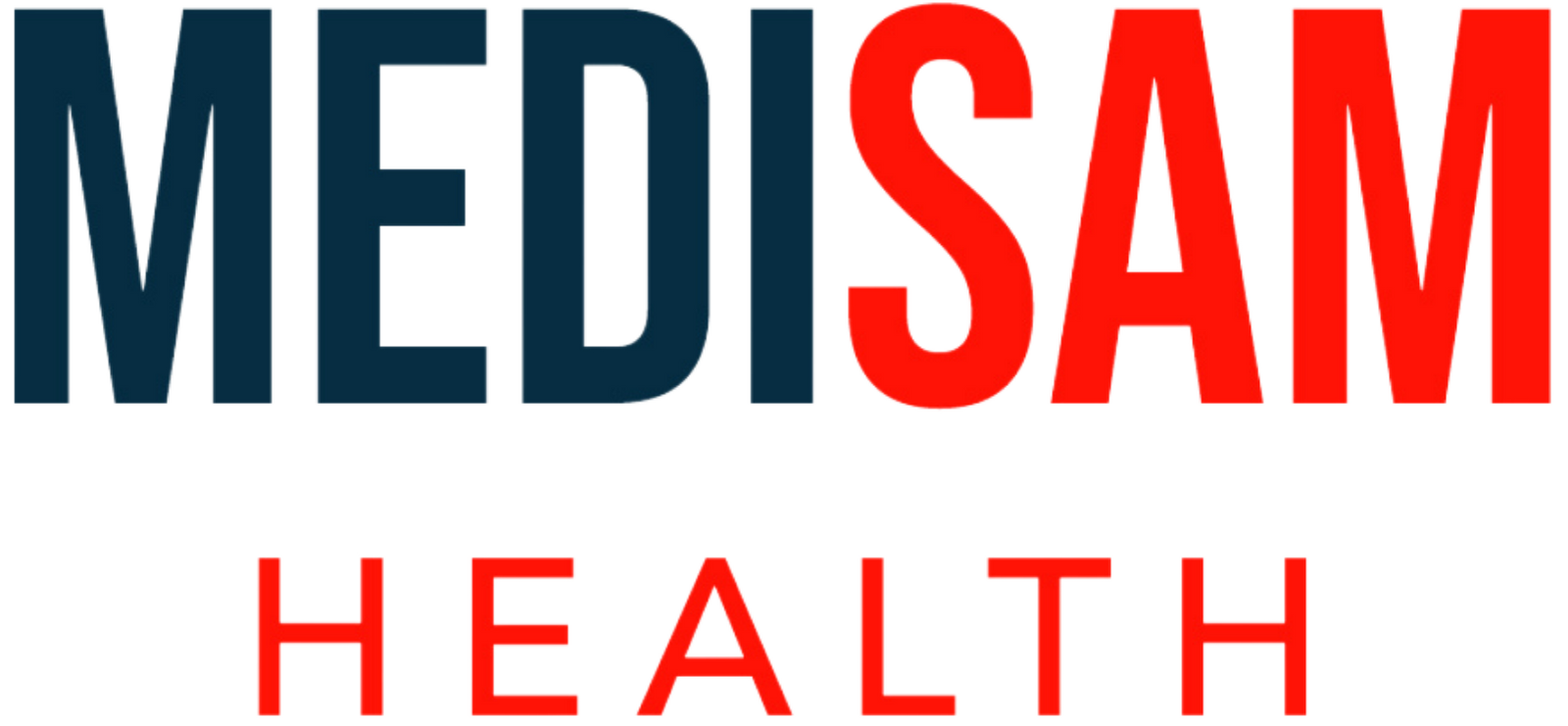Nuclear medicine is a branch of medicine that involves the use of radioactive substances in the diagnosis and treatment of various diseases. Imaging and treatment methods in this field enable the detection of diseases at an early stage and the creation of effective treatment plans. The nuclear medicine department of our hospital aims to provide the highest quality service to our patients with modern technologies and experienced specialist staff.
Nuclear Medicine
Nuclear Medicine Services
Imaging Methods: Imaging techniques used in nuclear medicine provide detailed functional and anatomical information of organs and tissues in the body. Thanks to these methods, early diagnosis of diseases is possible.
- PET/CT (Positron Emission Tomography/Computed Tomography): PET/CT is used to diagnose cancer, heart disease and neurological disorders by visualizing biochemical activity in the body.
- SPECT (Single Photon Emission Computed Tomography): SPECT is an imaging method that evaluates blood flow and organ function. It is particularly effective in diagnosing heart, brain and bone diseases.
- Bone Scintigraphy: It is a method used to detect abnormalities and diseases in the bones. It plays an important role in the evaluation of bone metastases, fractures and infections.
- Thyroid Scintigraphy: It is an imaging method that evaluates the structure and function of the thyroid gland. It is used to diagnose hyperthyroidism, hypothyroidism and thyroid nodules.
Treatment Methods: Nuclear medicine is also used effectively in the treatment of various diseases. Radioactive substances are targeted to diseased tissues to provide effective treatment.
- Radioactive Iodine Therapy (I-131): It is a method used in the treatment of thyroid cancer and hyperthyroidism. Radioactive iodine is absorbed by thyroid cells and destroys them.
- Radioactive Lutetium (Lu-177): A radioactive substance used in the treatment of neuroendocrine tumors and prostate cancer. It provides effective treatment by targeting cancer cells.
- Radioactive Radium (Ra-223): It is used in the treatment of bone metastases. Radium destroys cancer cells by targeting bone metastases and reduces pain.
Radioactive Substances Used in Nuclear Medicine
Radioactive substances used in nuclear medicine play an important role in the diagnosis and treatment of diseases. These substances are targeted to specific organs or tissues, enabling diseases to be detected and treated.
- Technetium-99m: One of the most commonly used radioactive isotopes. It is used in heart, bone, kidney and brain imaging.
- Fluorine-18 (F-18): It is a radioactive isotope used in PET/CT scans. It is especially effective in cancer diagnosis and treatment follow-up.
- Iodine-131 (I-131): A radioactive isotope used in the diagnosis and treatment of thyroid diseases.
- Gallium-68 (Ga-68): A radioactive isotope used in the diagnosis of neuroendocrine tumors.
Why Should You Choose Us?
- Experienced Expert Staff: The nuclear medicine department of our hospital is led by doctors who are specialized in their field and have extensive experience.
- Advanced Technology: We offer safe and effective nuclear medicine services with our state-of-the-art equipment and modern imaging methods.
- Personalized Approach: We create personalized treatment plans based on each patient’s needs and disease type.
- Multidisciplinary Approach: We offer a comprehensive and coordinated treatment process in cooperation with different medical disciplines.
Psychosocial Support: We meet the psychological and social needs of our patients and their families and support them at every stage.

